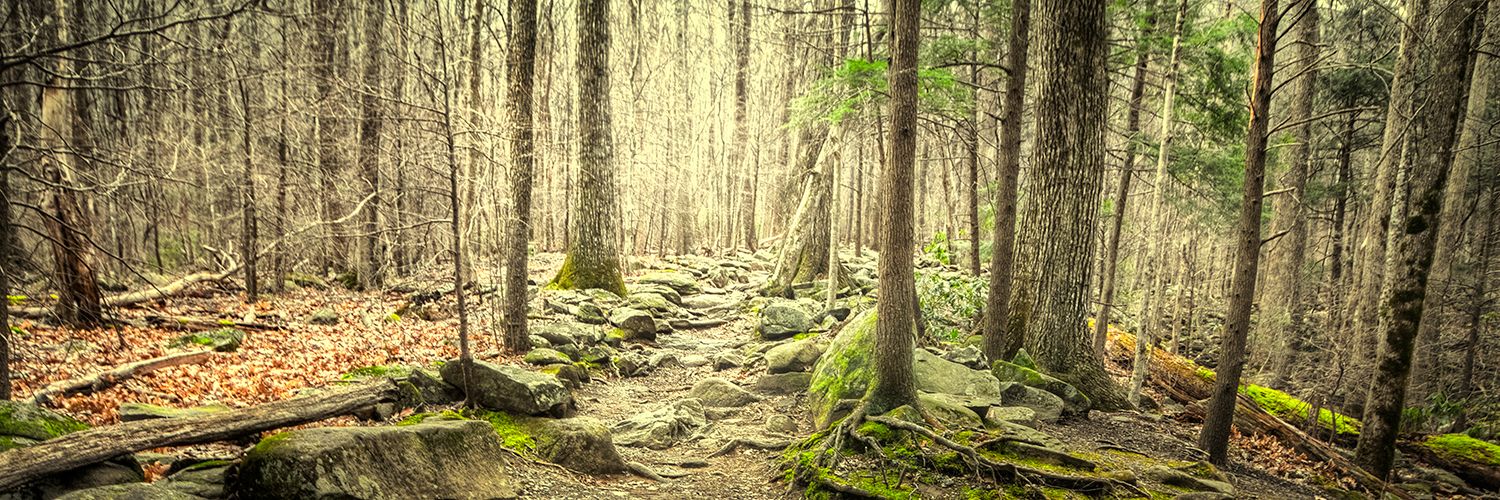Wells Gray Mountain Caribou Resolution Approved By BC Nature

Southern Mountain Caribou. Robert Berdan photo.
The following resolution submitted by the Kamloops Naturalist Club was approved unanimously by club representatives who attended the BC Nature Annual General Meeting in Duncan, May 2-4, 2019. The resolution was written by Nancy Flood and is supported by 27 references to the scientific literature and various reports. Gary Hunt attended the meeting and participated in the discussion prior to the vote.
The cover letter states that BC Nature (the federation of naturalist clubs across BC) has over 6,000 members in clubs around the Province with a mandate “To know nature and keep it worth knowing”. We have had a representative on the Mountain Caribou Recovery Committee since its inception. Because the numbers of caribou continue to decline yearly, we believe the implementation of this resolution is critical for the future of the caribou in this region. Therefore, we strongly urge you to take all necessary steps to halt timber harvesting in the range of both the Wells Gray Park South and the Wells Gray Park North herds of Southern Mountain Caribou.
Resolution 2019-01: Wells Gray Mountain Caribou
Submitted by Nancy Flood & Gary Hunt, Kamloops Naturalist Club
WHEREAS Southern Mountain Caribou (Rangifer tarandus caribou) (SMC) have been listed as Threatened under the Species at Risk Act since 2003 and a federal recovery strategy was posted in 2014;1,4
WHEREAS SMC numbers have declined drastically over the last 20 years, from about 2500 in 18 herds in 1994 to about 156 animals existing in 13 herds in 2014;2 3 4,T.Goward pers comm and all of these herds continue to decline in size:
WHEREAS the Wells Gray Caribou herd, specifically, has declined from an estimated 336 animals in 199516, to 242 in 2006, to about 111 currently and is projected to continue declining;5,6,16
WHEREAS The evidence is clear that although predation is currently a major cause of population declines in SMC, this problem has originated with, and continues to be exacerbated by, human disturbance, particularly as it results in habitat loss;3,7,8,9,10,11,15
WHEREAS culling predators, use of maternity pens, and translocations may assist in the short term preservation of some SMC populations, research shows that these measures are expensive, must include about 60% of females to be effective, and will need to be continued in perpetuity for at least five or six decades post logging for populations that are not self-sustaining; and that maintenance of sufficient habitat for the population is critical for the maintenance and hoped-for growth of caribou populations;3,5,11,12,25
WHEREAS low population density by itself exacerbates the effect of all these other issues for SMC (i.e., they experience Allee effects), such that capita growth rates decrease with declining population density;13,14
WHEREAS in April 2017, BC Nature, along with other groups made legal application to the federal government under Canada’s Species at Risk Act (SARA) for an Emergency Protection Order to ban Canfor’s proposed logging in caribou habitat adjacent to Wells Gray Park; they argued that this logging was occurring in habitat designated as critical habitat for SMC;16
WHEREAS in June 2018, the Federal Minister of Environment and Climate Change Canada declared that there was “imminent threat” to 10 SMC populations (Local Population Units, or LPUs)—those under 100 animals in size, which would not be considered “self-sustaining.” Even though the report acknowledged that “No estimate of minimum viable population (MVP) size exists for SMC,” research on the Boreal Caribou (which have a different migratory pattern) was used to define “Self-sustaining” for SMC: as: (1) “the LPU on average demonstrates stable or positive population growth over the short term (≤20 years), and is large enough to withstand random events and persist over the long term (≥50 years), without the need for ongoing active management intervention; and (2) there is an increase to at least 100 caribou within LPUs that currently consist of fewer than 100 caribou, and there is no reduction in the number of caribou within LPUs that currently consist of over 100 caribou;”17 (italics ours).
WHEREAS despite this declaration of imminent threat, no Emergency Protection Order (which would have stopped further logging etc.) was issued, 3 of the 10 populations described above are now extirpated 3,18 and, according to many sources, 83 + 314 = 397 logging permits have been issued within the ranges of the endangered herds since June 2018;19,20,21,26,27 Although scientific evidence surrounding the reasons for the decline of SMC is abundant, campaigns of denial have clouded the issue in the public’s eyes and delayed an appropriate response;24
WHEREAS the best hope for the recovery of SMC may lie with herds such as the two herds that overlap with Wells Gray Park: they face less risk of the deleterious effects of genetic drift, inbreeding and stochastic events than smaller herds22,23; and their possibility for long-term viability is greatly increased compared to that of any other remaining herds by the fact that much of their range is currently protected;
BE IT RESOLVED that BC Nature call on the governments of British Columbia and Canada to:
Apply the precautionary principle and take all necessary steps to halt timber harvesting in the range of both the Wells Gray Park South and the Wells Gray Park North herds of SMC; this includes harvesting in the matrix areas as outlined by the 2014 Environment Canada Recovery Strategy for SMC.
The resolution was sent to the following individuals.
The Honourable George Heyman,
BC Minister of Environment and Climate Change
The Honourable John Horgan Premier of British Columbia
The Honourable Doug Donaldson
BC Minister of Forests, Lands and Natural Resource Operations
The Honourable Catherine McKenna,
Federal Minister of Environment and Climate Change
